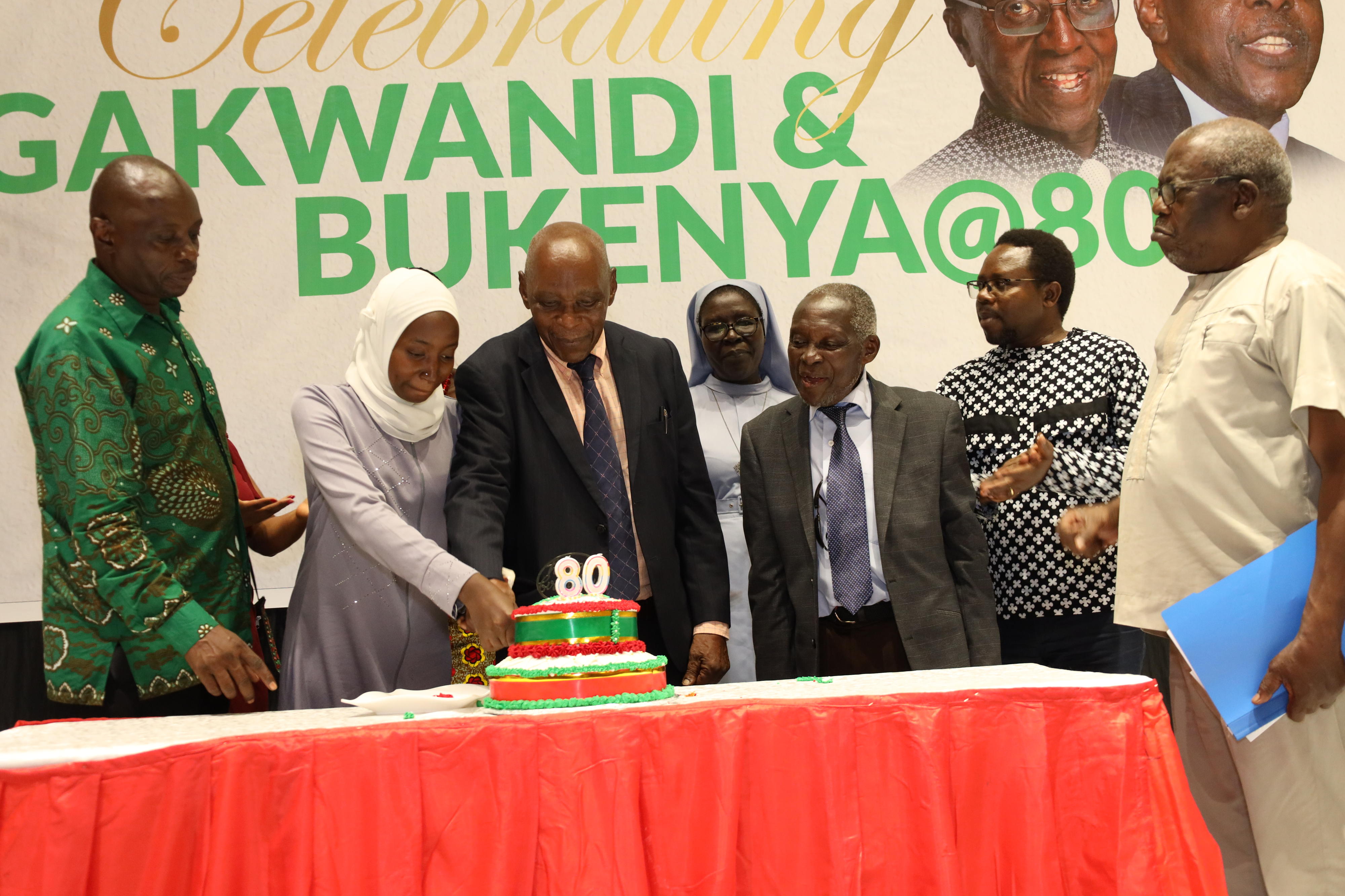Make that interfaith relationship work

Respect your spouse’s beliefs, however different they are from yours.
What you need to know:
WORK IT OUT. Have you ever imagined marrying someone of a different faith from yours? Would you change for him? Would you keep in your faith? Charlotte Ninsiima shares experinces of people in interfaith relationships
Hasifah Beera, 35, is a Muslim woman married to a Catholic. “When we met, we did not care about the religious affiliation each one of us subscribed to. He was very liberal. Our bond was so strong that even religion could not stand in our way. We have been married for seven years and we have been blessed with three children. I go to the mosque for prayers and I attend most of the Muslim functions. The children go to church with my husband every Sunday,” Beera narrates.
Experiences
Peter Musiime, Beera’s husband says, when he made a decision to marry Hasifa, he met so much resistance from his family but he decided to focus on his relationship. “I believe there is only one God. Religion should not be a stumbling block to people who wish to get married. The Ugandan Constitution is very clear on freedom of worship. Who am I to deny her that right? If couples talk about these issues before the wedding, tension and misunderstandings can be prevented,” says Musiime.
Joseph Duwe’s relationship, however, did not work out, years after he had changed to his wife’s religion. “I used to go to church with my wife. She is a Born-Again Christian. But after we had blessed with three children, she began to change. Her actions were different from what she preached. She began to hang out every night, with friends and would return home drunk. I decided to go back to my childhood religion- the Catholic faith.
“I want my children to be grounded in strong Christian values. I am planning to remarry someone of my faith.”
While most religious leaders advocate for marriage among couples of the same faith, love on the other hand, knows no boundaries and continues to connect people from all walks of life.
When two people are madly, deeply in love, issues like religion hardly make any sense to them. Some expect to change and win their partners to their faith, a thing that most times does not happen.
What church leaders say
“In the Catholic Church, among the sacraments we have is holy matrimony. This means that the church holds marriage and religious matters with high regard. Faith is one of the critical elements of humanity, governed by the spiritual realm,” Gerald Kalumba, the parish priest at Christ King Church, reveals.
“This generation has witnessed marriages of people who subscribe to different religious affiliations. In some relationships, it has worked. Some partners respect each other’s religion and live together in harmony. But the most challenging thing is deciding which religion the children will belong to,” Kalumba explains.
Peace and harmony
Nathan Natukunda, the Vicar of St Peter’s Church, Naguru Diocese in Kampala, says people are free to marry from any religious denomination. He, however, cautions that couples of different religious backgrounds are bound to pull ropes, especially, in their efforts to win children to their faith.
“Before getting married, agree on one religion that you will subscribe to as a couple for the sake of peace and children. Since the Bible says the husband is the head of the family, a woman should consider submitting to her husband by conforming to his faith.”
Amina Wandera, the lead facilitator at Worship Harvest Kibuye recites Amos 3:3: “How can two walk together unless they agree”. The idea that God had for a married couple is two people walking together and becoming one flesh.
“How can two people become one flesh yet they have different religious ideologies and opinions? Same faith relationships minimise disagreements, quarrels and tension”.
“The fact that you are not of the same belief itself is confusion in itself. It gets worse when children come on board. Unless one conforms to the partner’s faith, there is bound to be friction.”
Marriage and religion are critical
Eddie Ivan Kaweela, a counsellor at Solutions Africa, says there are two things people take seriously in life-culture and religion. “The aspect of faith is central, should two people decide to commit permanently. If you cannot agree on religious matters, you are likely to be offended by the way your partner exercises his or her faith, Kaweela explains. For example, a Muslim will be offended if a non-Muslim partner eats pork.
“If your spiritual background matters to you, it is only fair that you commit to a person that subscribes to your religion. I know some people don’t care about religion when they are dating, but in the long run, they fail to live in harmony.”
“When conflicts arise in a relationship, what standards will one use to resolve them? Most people refer to spiritual guidance or the Bible to resolve conflicts,” says Kaweela.
“Relationships result into family and children. What names will you give your children? Christian or Muslim names? Where and how are they going to be worshipping? I have seen parents struggling to decide on whether children should baptised. For example, Seventh Day Adventists bapstise children at the age of 18 yet Catholics baptise infants. How can a couple go about this? All these issue strain relationships and some end up failing.”
How to make it work
Avoid trying to convert your spouse Respect your spouse’s beliefs, however different they are from yours.
Look for common ground
Instead of focusing on all the ways you disagree, find issues that you do agree on.
Stay flexible
Prioritise your marriage Both of you will have to compromise on things that matter to you both.
Participate in your spouse’s religion
Help your spouse celebrate the holidays and traditions of their religion at home
Seek counselling




